

The first time I press play on Oblivion, it’s early. A half-open window lets the sound of birds filter into the room, and for a moment, it’s hard to tell what’s coming from outside and what belongs to the record.
A soft acoustic guitar and the occasional piano line thread through the noise; Alice Phoebe Lou’s voice floats above it; close, unguarded, slightly frayed at the edges. In comparison to her previous sonic explorations, Lou's sixth album is stripped down to its bare bones, totally raw and of this world in the most touching way.
The album title might suggest something big, maybe even heavy, but what arrives is smaller and warmer. These are songs recorded live to tape, with no click track, no polish, no tidy edges. Lou calls them the “runts of the litter”, songs that sat unfinished for years until she decided they didn’t need fixing. Or in other words, these songs are captured moments of love—both lost and indulged in.
“I finally had the confidence to just do something like that without the fear,” she tells me. “Whatever this record does, it does.”
Get the Best Fit take on the week in music direct to your inbox every Friday
The title of the record came easily at first, then wavered. “Oblivion” felt almost too big and dramatic for an album this soft. “I went back and forth because it sounded severe or something,” she admits. “But when I think of oblivion, I think of the moment in the morning where I wake up and I’m not sure who I am or where I am for a few moments. It’s just this strange space before everything rushes in.”

She also describes it as a kind of relief: “I’m very sensitive to people’s emotions all the time, and it can be exhausting. The idea of oblivion, being unaware or unconscious of what’s happening, kind of sounds like bliss to me. It’s a place that I aspire to go to within myself sometimes.”
There’s another layer too: “The other definition of oblivion is a state of being forgotten, especially by the public. For me, that’s sometimes a fantasy. When I feel overwhelmed by the way people see me or put me on a pedestal or turn me into a symbol, I imagine just being forgotten, and it gives me peace.”
Lou’s story has become a big part of her allure, and is instilled into her loose composition style. Born in South Africa, she arrived in Berlin as a teenager, busking in the streets and growing a following from the ground up. Her 2016 debut Orbit was full of smoky folk and delicate guitar lines; Paper Castles (2019) expanded that sound into dreamier territory, drawing in fans around the world. In this time, she also released her Oscar-nominated song “She”, catapulting her name into the online music sphere and growing her audience significantly.
Then came a period of prolificacy: she released an explorative trio of records in Glow, Child’s Play, and Shelter throughout the following years, cementing her reputation as one of the most independent and quietly adventurous songwriters around.
Now comes Oblivion, her sixth studio record in less than ten years. It’s a different kind of album: slower, quieter, rougher at the edges, built from years of “ghost songs” she never quite let go of.
One of the striking things about Oblivion is how clear Lou’s voice is in the mix. Piano and guitar support it, but never crowd it and the songs feel like they’re being whispered directly into the room. The grandiose instrumentation and cosmic synth curiosities that lined a lot of her previous records have been left in the other room, allowing Lou’s most unique asset to shine above all else.
“Throughout my career, a lot of people have said, oh, her voice can lend itself to so many different moments,” she says. “It’s really nice for me to make this album because it’s kind of putting my voice front and centre. It’s not hiding behind anything.”

Some of her favourite moments on the record are the piano songs. “I actually had a few more piano ones that didn’t make it onto this one," she says, "but there’s a bunch more to make another album like this, which is exciting to me. I loved working on the tone and the sound of the piano to make it really old-sounding and dampened and soft. Using tape as a medium for recording really helps that without making it a gimmick.”
“It’s quite exciting because I’ve always wanted to make a record like this in a way,” she continues. “But I have always felt this kind of need to one up myself. Do a bigger production, do more, do stronger, bigger, faster, whatever, in order to keep relevant or do what I think people expect from me. But then I kind of reached a point where I was like, okay. Actually, I think it’s time.”
The songs on Oblivion were written across almost a decade. Some were finished in a single moment years ago, others were fragments that never quite belonged anywhere. They lingered, half-written, unpolished, but persistent.
“It’s all the scraps of songs and things that were unfinished, and they felt like they were haunting me a little bit. I’m always someone to write an album, record it, and release it as quickly as possible in order to move on to the next thing. But I had all these ghosts of songs, and some of them were half written, some of them were not finished, but could never really be finished because I’d said whatever I wanted to say with that little moment.”
This time, she decided not to change them without any studio rewrites or sanding down of the edges.“I finally just put myself in a position where I was like, 'I can do that'," she explains. "There’s no rules here. I can release half-written songs that never really were finished. I can give these songs a life and let them go in order to move on to the next thing.”
Lou recorded the album live to tape with the help of long-time collaborators Ziv Yamin and Dekel Adin. “I just played the songs a bunch, decided, okay, this is the arrangement, did a few tweaks, and then recorded them all live. No click track, no nothing,” she says. “The takes that I usually gravitated towards were the ones that had slight imperfections because this leans further into the general atmosphere and idea of this album, which is to just have these moments that aren’t perfect at all.”
This wasn't just a stylistic choice but a philosophy of enoughness, a rejection of the hyper-controlled, endlessly editable way so much music is made now. “Songs are very often magical in their rough form,” she says. “When someone puts it on a grid and makes everything snap into place, it kind of loses all of the magic and the nuance and the natural rhythms. In some of these songs, I’m speeding up in the chorus because that’s just adding to the natural energy of the way I wrote it. This was all an experiment in leaning into the imperfections of creativity.”
A few years ago, I spoke to Lou after she played a show in Barcelona’s Sala Apolo. Having seen her grow over the years, one of the most notable things about her performance that night was the removal of “She” from her setlist, the Oscar-shortlisted song Lou normally uses as her closer. It’s a decision that some artists might have shied away from, but Lou knew her vision was more long-term.
At the time, she put it quite simply: “I was ready to move on from it.” When I bring it up now, she gets to elaborate a bit more.” It’s not spiteful,” she tells me. “It’s actually an investment in my future as a musician and as a creative person to set a precedent with my fans that, like, ‘hey, no spite, but I am going to do what I want to do because I want to be up here having a good time genuinely instead of putting on just a show for you.’ But it’s beautiful to get to a point where I have a general understanding with my audience that this is what I’m going to do here, and it’s for the purpose of genuine enjoyment.”

This kind of relationship with an audience isn’t built overnight. It takes years of trust and letting go of the need to control every reaction. She tells me how even the choice of singles wasn’t some big strategic rollout but entirely logistical. “Honestly, it was also partly because we had some delays with the recording. We had some crazy issues with my studio, and we had to move studios. Some of the singles were just the singles because those were the ones that we’d recorded so far.”
There’s a kind of gentle shrug in her voice as she says it. She’s not being careless, she’s simply not building a campaign around precision. The songs exist and people will find them – that’s enough for her.
Part of what makes Oblivion possible is that Lou doesn’t have to get everything from one project anymore. Strongboi, the duo she formed with drummer and collaborator Ziv Yamin, scratches a different creative itch. That freedom makes this solo album feel less like a “statement” and more like a breath.
“I think it maybe unconsciously made me feel like I can lean more into that,” she says. “Because a lot of my career, I’ve gone through these different waves with the people I worked with and the way things sound. And there were many times where I felt like I needed to overcompensate because of this constant insecurity or fear that you are not enough on your own.”
Oblivion is the sound of setting that down. “It’s so lovely to be able to rely on yourself and to feel like you are enough and that you can play a concert to hundreds of people all on your own and feel like that’s enough and that people want that. I’m going to do a bit of solo touring for this record, and I’m really excited about it.”
The record ends the way it begins: soft, imperfect, open. No grand finale. Just a person, her voice, and the space she’s built around it. Outside my window, the birds are still singing.
Oblivion is released on 24 October

 1 month ago
11
1 month ago
11




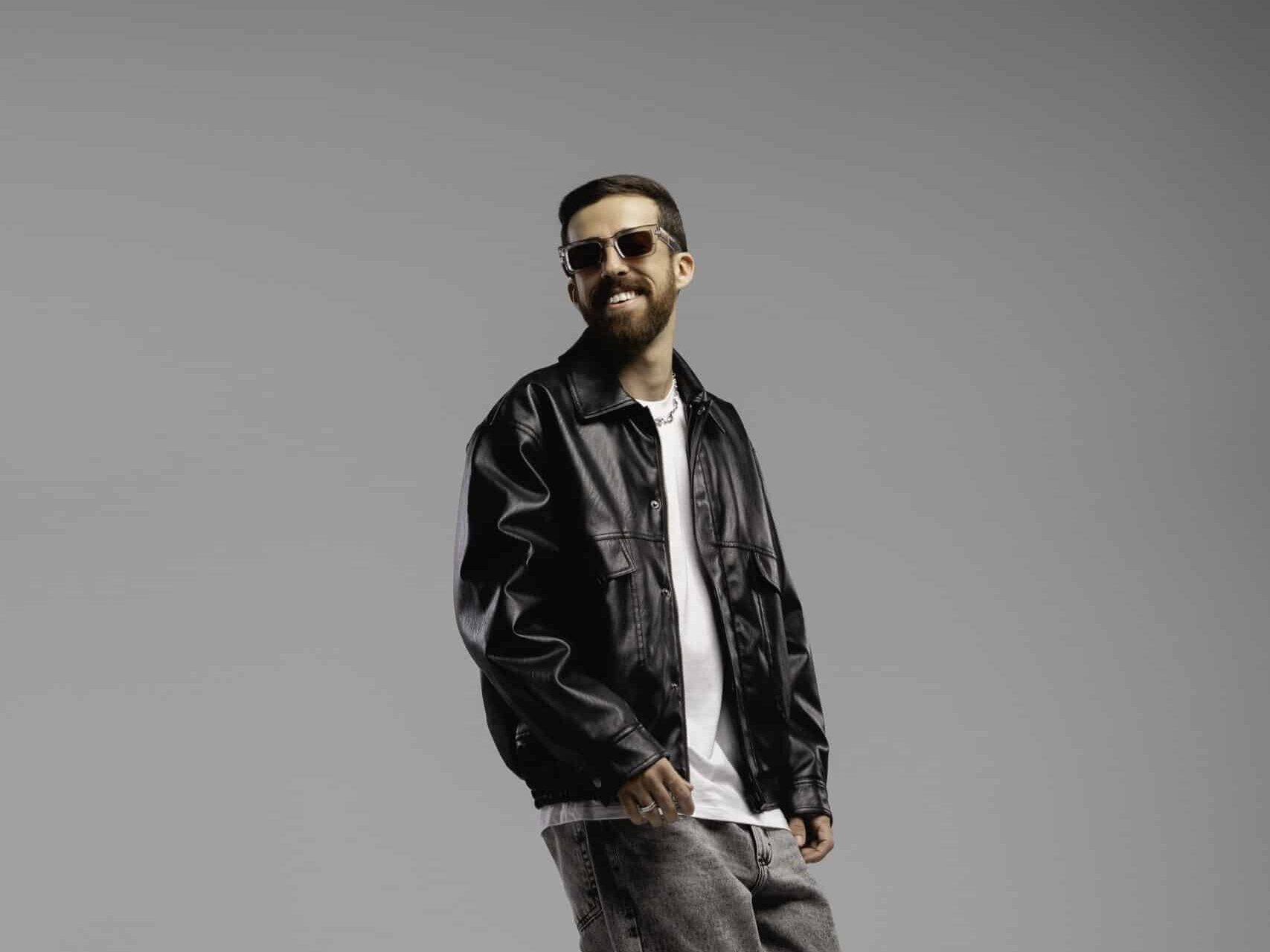


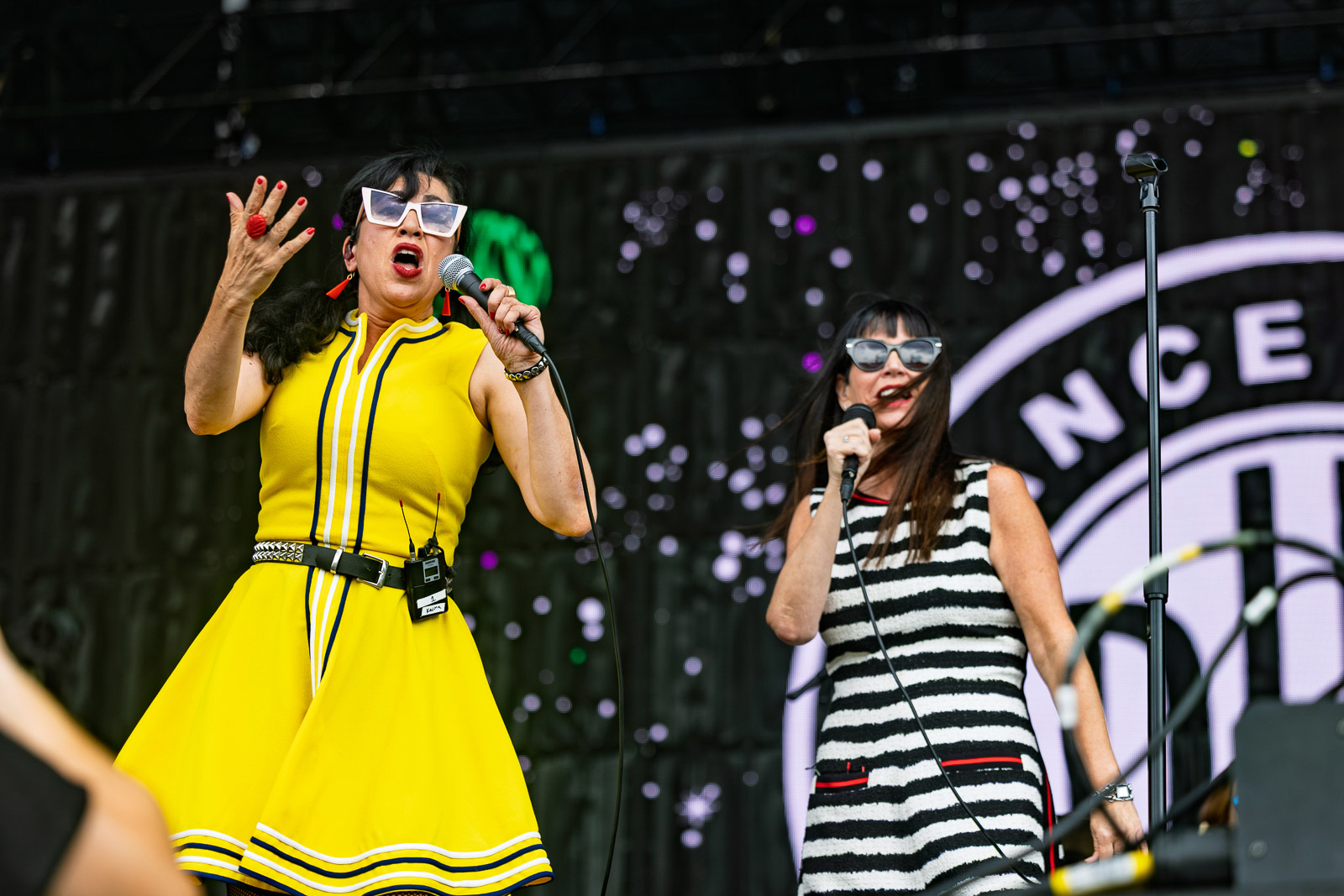
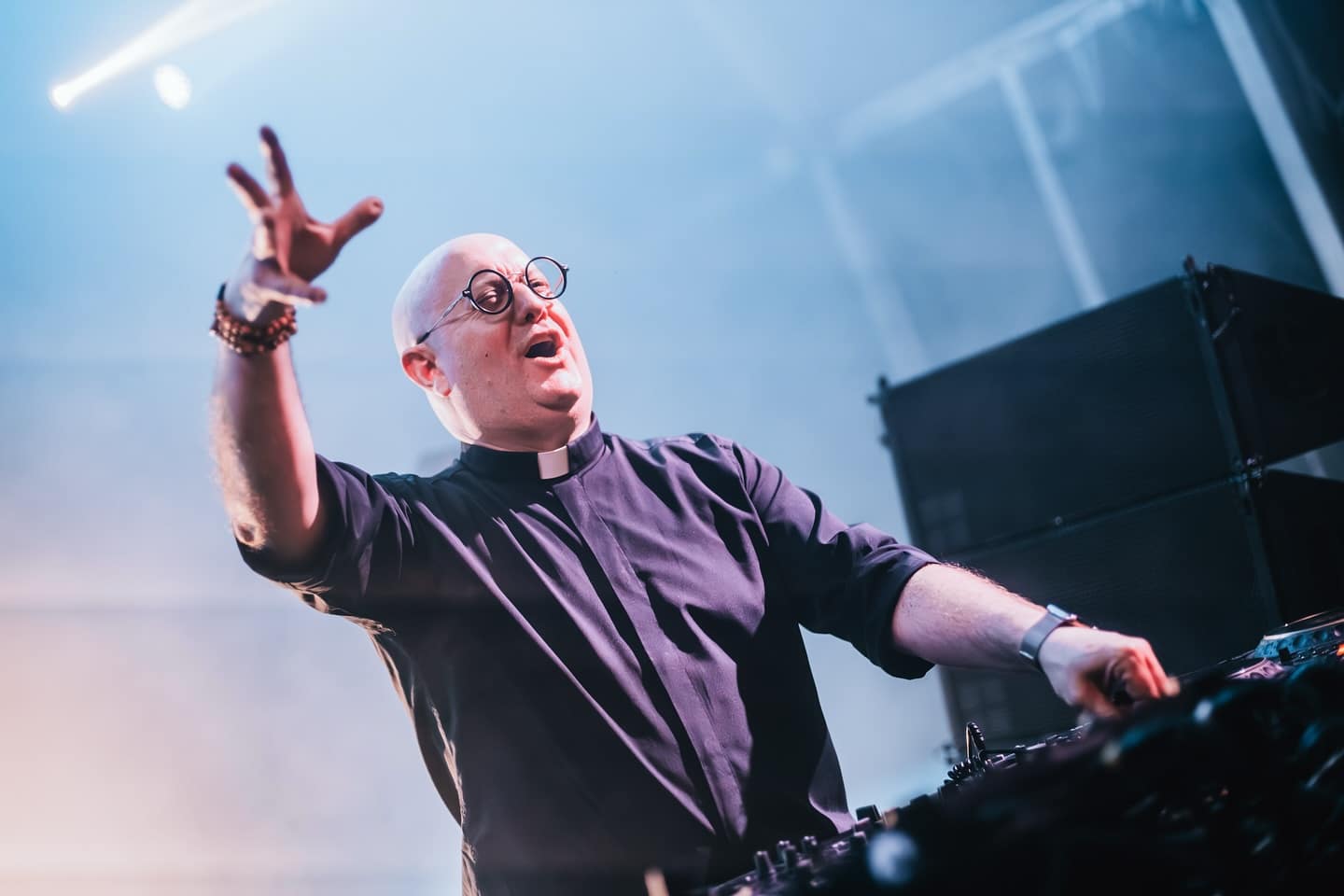



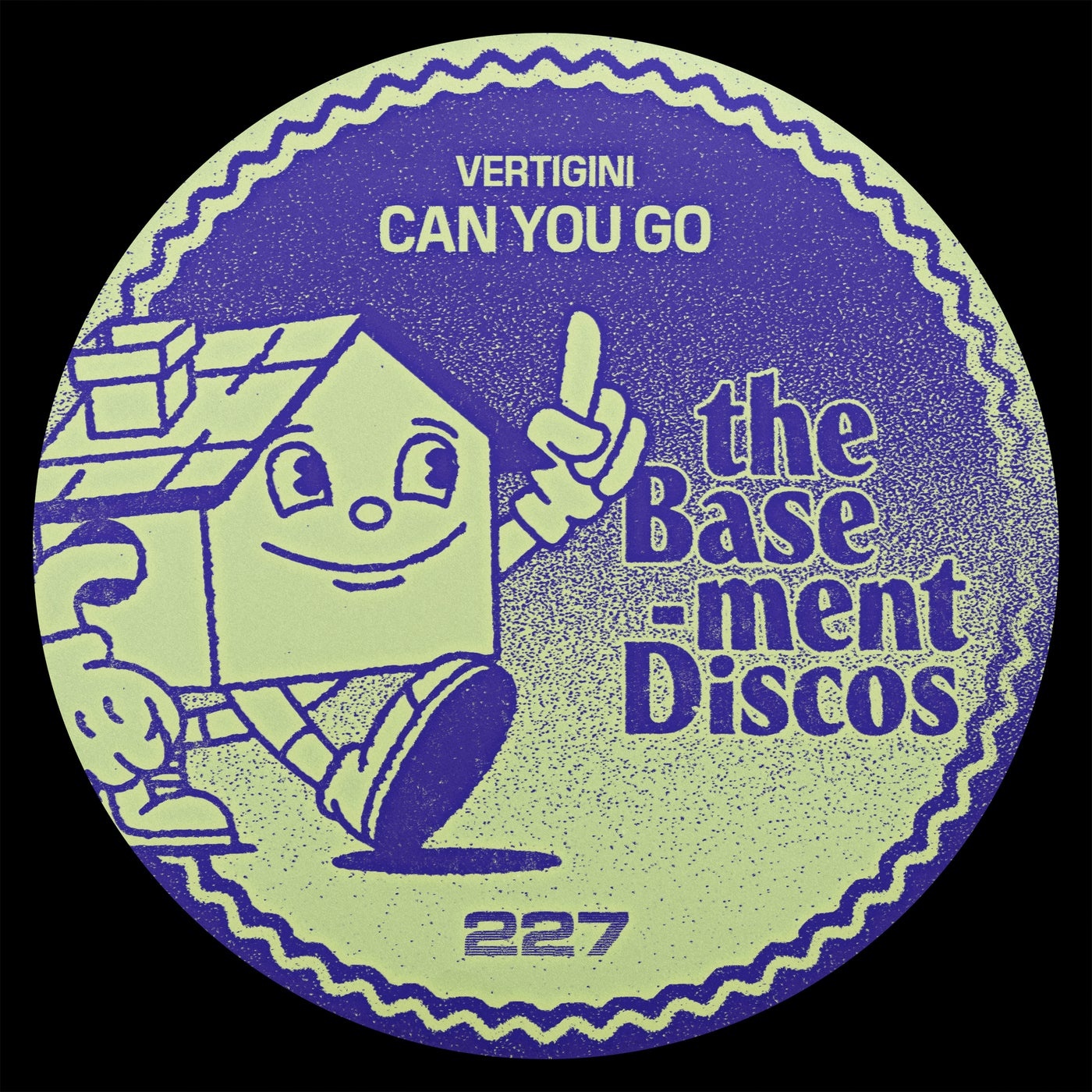


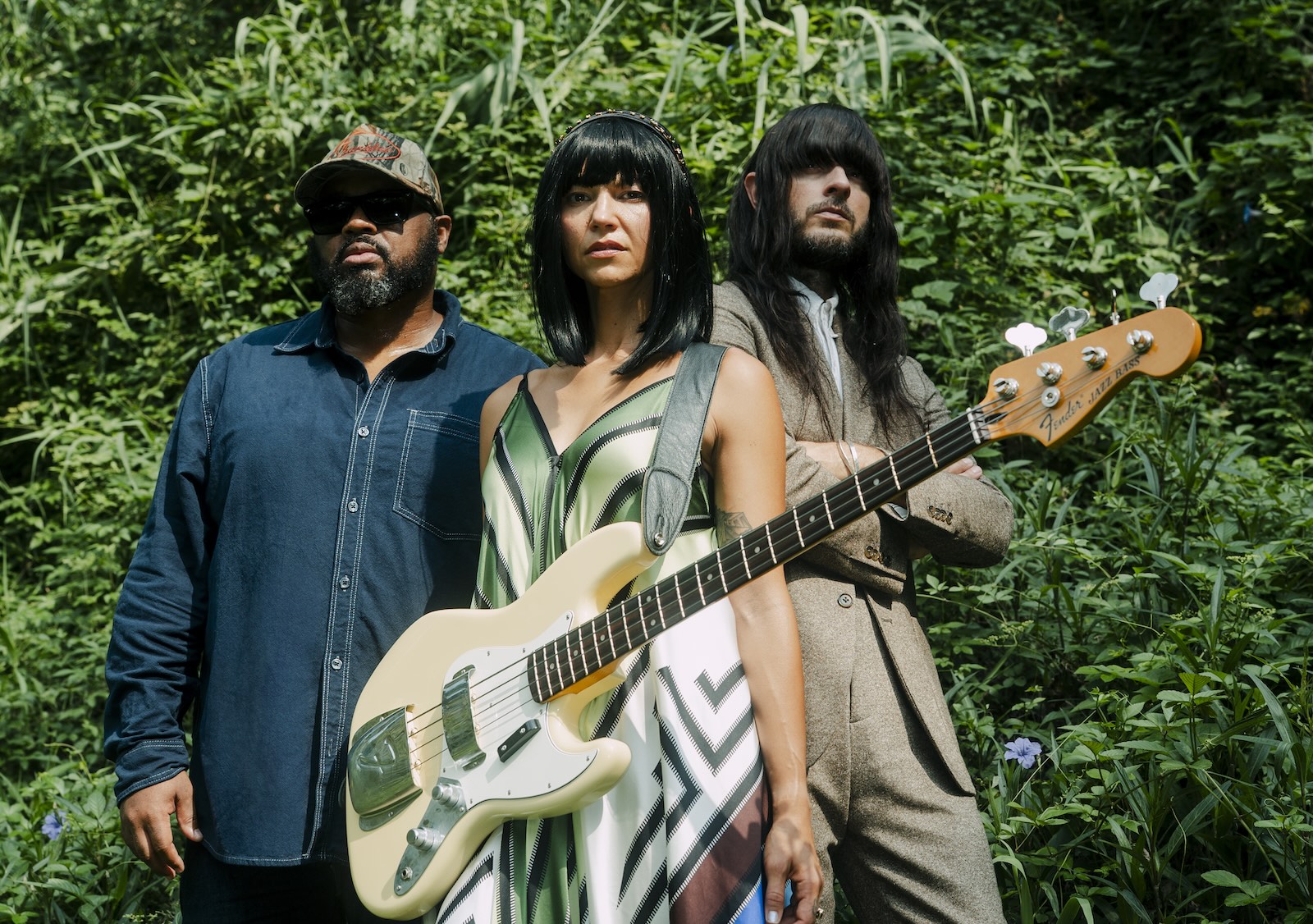


 English (US) ·
English (US) ·